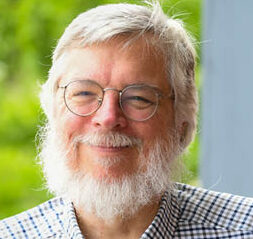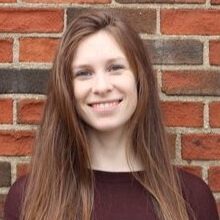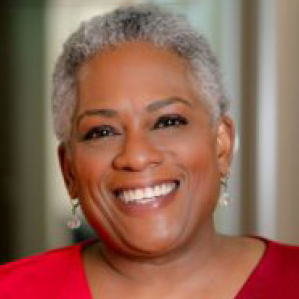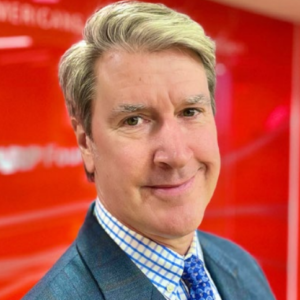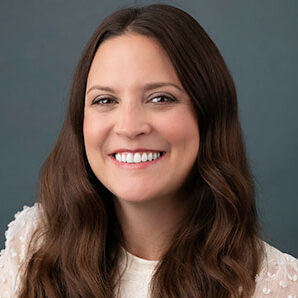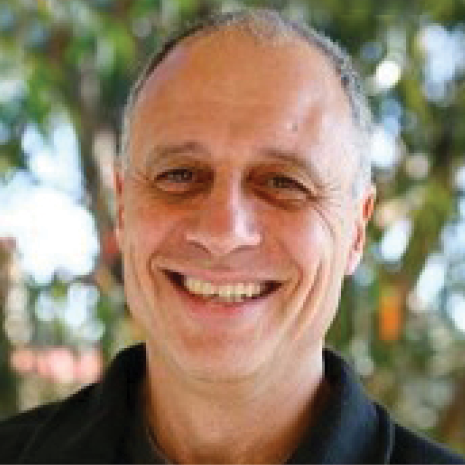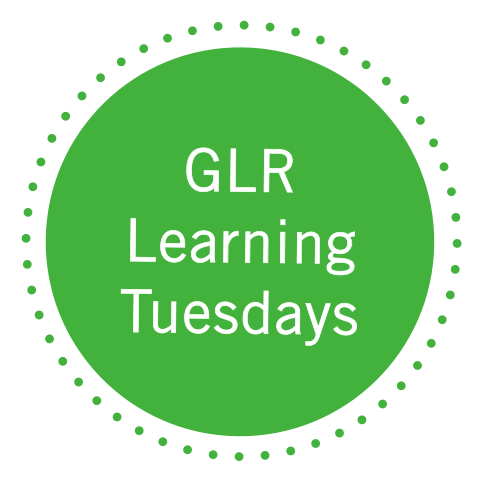
- This event has passed.
250,000 Caring Adults: Rolling Out A New National Effort
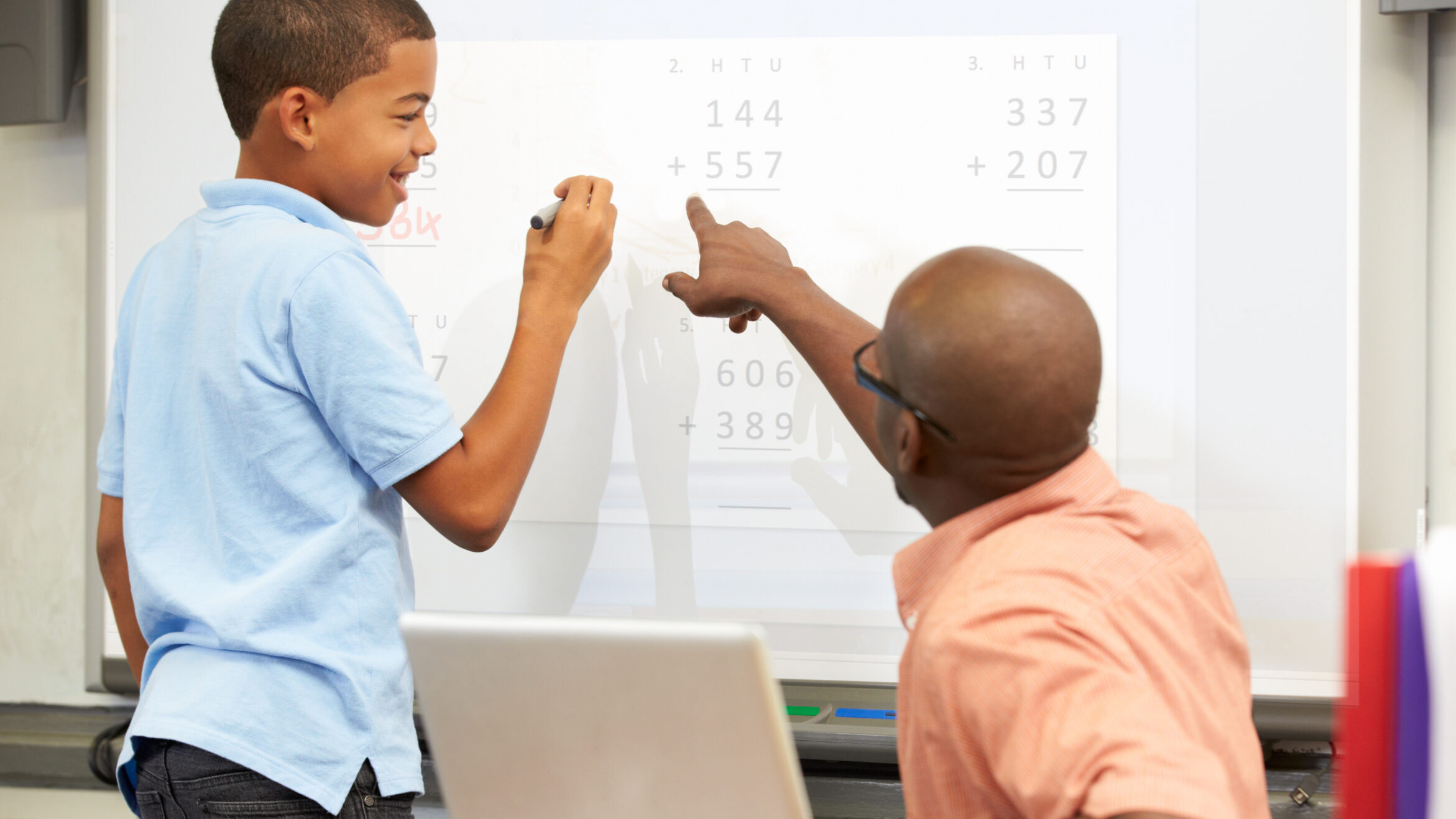
In this GLR Learning Tuesdays webinar, “250,000 Caring Adults, Rolling Out a New National Effort,” attendees had the chance to receive an early briefing on the National Partnership for Student Success, a new federal initiative that will deploy 250,000 caring adults as tutors, mentors and coaches. Leaders who are shaping the next steps for the initiative engaged in discussion and shared how and why it was formed and the plans to roll out the resources in communities across the country. Shital C. Shah, Director of Strategic Partnerships in the Office of the Secretary at the U.S. Department of Education, expressed the administration’s perspective:
It is very important that we at the federal level model what we want to see happen locally. And so this [national] partnership is only as good or as strong as those partnerships and collaborations locally, and how they sustain, which is why the work that NPSS is doing [is focused on] building capacity locally.
CGLR’s John Gomperts moderated an inspiring and informative conversation with Shah and other national organizers. They explored how the new public-private partnership is supporting communities to expand five types of adult roles that provide evidence-based supports to meet students needs, including academic tutors, student success coaches, wraparound student supports, postsecondary transition coaches and mentors. A panel of national, state and local leaders then shared both their excitement and their hesitancy about how this federal push could help make an impact for the children they serve on a day-to-day basis. Munro Richardson, Ph.D., of Read Charlotte captured his thoughts on the challenge and the opportunity related to rolling out such a broad-based tutoring program:
I like to think about this as sort of educational medicine. We wouldn’t just give any child any medicine — we want to give the right medicine to the right child at the right dosage at the right time. We need to do the same thing when it comes to tutoring, which I think of as educational medicine. And the one thing I worry about is the story that’s going to be written three or more years from now about this big effort on tutoring. We want to make sure it’s a positive story. So how do we ensure that NPSS is a vehicle…to help local communities that may have limited capacity [to ensure that the right dose of educational medicine is getting to the students in the right way at the right time].
Panel

